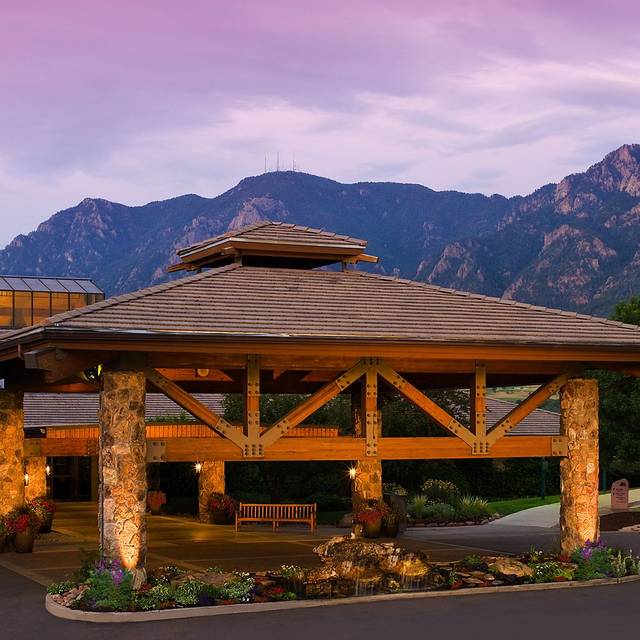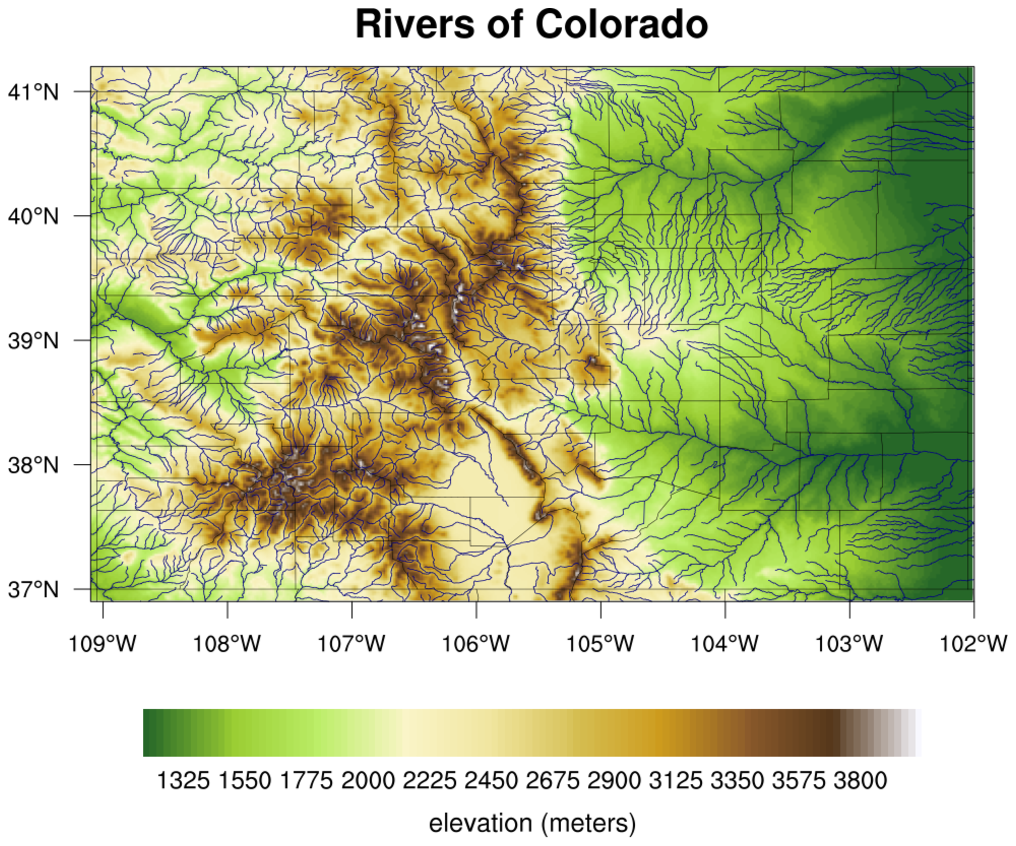Colorado is a state famed for its breathtaking landscapes and dramatic altitude variations. Stretching from the towering peaks of the Rocky Mountains to the expansive eastern plains, the state’s geography offers an incredible range of elevations. Grasping Colorado’s elevation by city is essential for travelers, potential residents, or anyone intrigued by the state’s topographical diversity.
Colorado’s elevation plays a pivotal role in shaping its climate, vegetation, and lifestyle. Whether you’re an outdoor adventurer, a curious traveler, or a geography enthusiast, understanding the elevation of different cities can greatly enhance your experience. The state's unique geographical features make it a haven for those who love adventure and nature.
In this article, we will delve into the elevations of various cities in Colorado, offering detailed insights, statistics, and practical information. By the end of this guide, you will have a thorough understanding of the state's varying altitudes and how they influence daily life and activities.
Read also:Katie Ledeckys Inspiring Journey Overcoming Pots And Achieving Greatness
Table of Contents
- Exploring Elevation in Colorado
- Denver: The Mile High City
- Aspen: A Mountain Retreat
- Boulder: A Nature Lover’s Paradise
- Vail: A Skiing Destination
- Grand Junction: The Western Gateway
- Factors Shaping Colorado's Elevation
- How Elevation Affects Climate
- Health Considerations at High Elevations
- Tips for Traveling to High Altitude Areas
- Final Thoughts
Exploring Elevation in Colorado
Colorado, often celebrated as the "Centennial State," boasts an incredible range of altitudes, from its lowest point at 3,315 feet above sea level to its majestic peaks soaring over 14,000 feet. This remarkable diversity creates an environment that caters to a wide array of activities and lifestyles, making it a truly unique destination.
Why Elevation Matters
Elevation profoundly impacts the climate, vegetation, and lifestyle of a region. In Colorado, cities situated at higher altitudes experience cooler temperatures and more frequent snowfall, while those at lower elevations enjoy milder weather. Recognizing these differences is crucial for planning outdoor adventures, choosing a place to live, or simply appreciating the state’s natural beauty.
Denver: The Mile High City
Denver, Colorado's vibrant capital and largest city, stands at an elevation of precisely 5,280 feet above sea level, earning it the nickname "The Mile High City." This elevation contributes to a temperate climate, making it an ideal destination for both outdoor enthusiasts and urban explorers.
Key Features of Denver's Elevation
- Mild winters compared to mountainous areas
- Abundant sunshine, earning it the title of the "Sunshine State" capital
- Convenient access to both the mountains and plains, offering diverse recreational opportunities
Aspen: A Mountain Retreat
Aspen, a globally renowned ski resort town, is nestled at an elevation of approximately 7,900 feet above sea level. Surrounded by awe-inspiring peaks and lush forests, Aspen provides a stunning backdrop for outdoor activities and luxurious vacations.
What Makes Aspen Special?
- World-class skiing and snowboarding opportunities
- Hiking and biking trails that come alive during the summer months
- A vibrant calendar of cultural events and festivals throughout the year
Boulder: A Nature Lover’s Paradise
Boulder, perched at an elevation of around 5,430 feet, is a haven for outdoor enthusiasts. The city is embraced by the iconic Flatirons, dramatic rock formations that offer endless possibilities for hiking and rock climbing.
Boulder's Unique Attractions
- Proximity to the breathtaking Rocky Mountain National Park
- A thriving arts and music scene that adds to its cultural vibrancy
- A strong commitment to sustainability and eco-friendly living
Vail: A Skiing Destination
Vail, one of Colorado's premier ski destinations, rests at an elevation of about 8,150 feet. Renowned for its luxurious resorts and expansive ski runs, Vail attracts visitors from all corners of the globe.
Read also:Exploring The Tesla Cybertruck A Revolutionary Leap In Electric Vehicles
Highlights of Vail
- Top-tier skiing and snowboarding facilities
- Gourmet dining experiences and upscale shopping
- Breathtaking alpine scenery that captivates all who visit
Grand Junction: The Western Gateway
Grand Junction, located on Colorado's western slope, has an elevation of approximately 4,583 feet. This city serves as a gateway to the magnificent landscapes of the Colorado Plateau and offers a milder climate compared to the mountainous regions.
Grand Junction's Attractions
- Close proximity to stunning national parks and monuments
- A thriving wine country and orchards that add to its agricultural charm
- A rich history and cultural heritage that enriches the visitor experience
Factors Shaping Colorado's Elevation
Colorado's elevation is influenced by a variety of geological and geographical factors. Its position on the edge of the Rocky Mountains and its diverse topography contribute significantly to its varying altitudes.
Key Influencing Factors
- Tectonic plate movements that have shaped the landscape over millennia
- Glacial activity in the distant past that carved out valleys and peaks
- Volcanic formations that have left their mark on the state's terrain
How Elevation Affects Climate
The relationship between climate and elevation is evident in Colorado's varied weather patterns. Higher altitudes typically experience colder temperatures and increased precipitation, while lower elevations enjoy milder conditions.
Impact on Daily Life
- Higher elevation cities may require acclimatization for visitors due to thinner air
- Winter sports flourish in the mountainous regions, attracting enthusiasts year-round
- Agriculture and farming practices differ based on the elevation levels, influencing local economies
Health Considerations at High Elevations
Living or traveling at high altitudes can have notable health effects. Reduced oxygen levels can lead to altitude sickness, making acclimatization vital for newcomers.
Symptoms and Prevention
- Common symptoms include headaches, nausea, and shortness of breath
- Hydration and a gradual ascent are recommended to minimize risks
- Individuals with pre-existing conditions should seek medical advice before traveling
Tips for Traveling to High Altitude Areas
Visiting high-altitude regions in Colorado requires thoughtful planning and preparation. Follow these tips to ensure a safe and enjoyable experience:
Essential Travel Tips
- Stay hydrated by drinking plenty of water to combat altitude effects
- Avoid alcohol and caffeine, especially during the initial days of your trip
- Pack appropriate clothing to adapt to the varying weather conditions
Final Thoughts
Understanding Colorado's elevation by city is crucial for anyone eager to explore the state's diverse landscapes. From the iconic Mile High City of Denver to the mountain retreats of Aspen and Vail, each city offers a unique experience shaped by its altitude. By considering elevation, climate, and health effects, you can maximize your enjoyment of Colorado's stunning beauty.
We encourage you to share your thoughts and experiences in the comments section below. Additionally, explore other articles on our site to gain further insights into Colorado's geography and attractions. Safe travels and happy exploring!
References:
- Colorado Geological Survey
- U.S. National Park Service
- Colorado Department of Public Health and Environment


